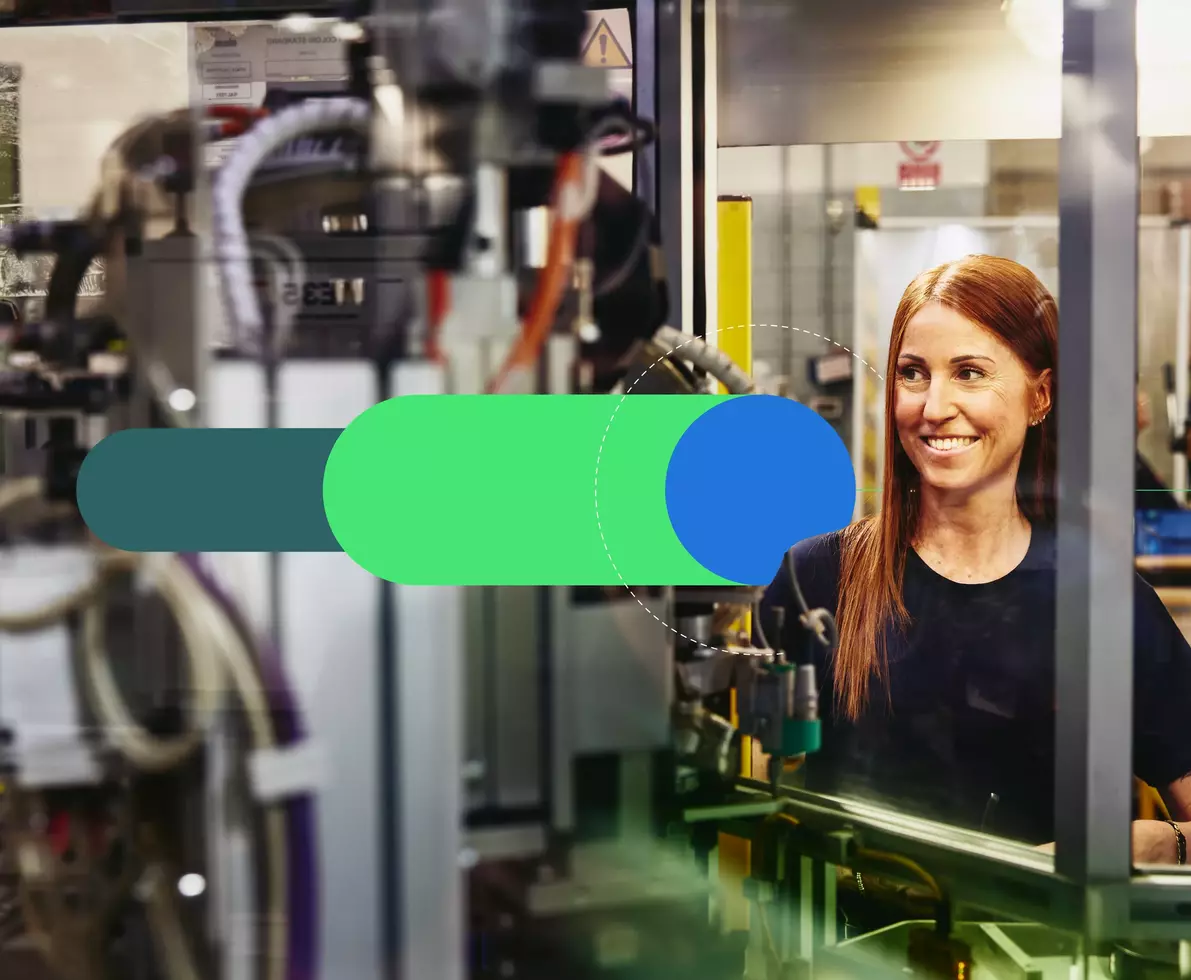what is manufacturing and logistics?
The manufacturing and logistics sector is a cornerstone of Canada's economy, offering diverse career opportunities. From automotive and aerospace to food processing and tech, this industry is dynamic and vital. Logistics ensures efficient movement of goods, supported by Canada's advanced infrastructure. As the sector evolves with new technologies and sustainability practices, it provides numerous opportunities for job seekers to start or advance their careers.
-
what are the key skills required for a career in manufacturing and logistics?
A career in manufacturing and logistics requires a blend of technical and soft skills. Key skills include attention to detail, problem-solving abilities, and proficiency with technology and machinery. Understanding supply chain management, inventory control, and logistics software is crucial. Strong communication, teamwork, and organizational skills are also essential, as is the ability to adapt to fast-paced and ever-changing environments.
-
what types of jobs are available in the manufacturing and logistics sector?
The manufacturing and logistics sector offers a wide variety of jobs, including production line workers, machine operators, quality control technician, logistics coordinators, warehouse managers, supply chain analysts, and industrial engineers. There are also roles in procurement, inventory management, transportation planning, and distribution.
-
what educational qualifications are needed for a career in manufacturing and logistics?
Educational requirements vary depending on the specific role. Many entry-level positions may only require a high school diploma or equivalent, combined with on-the-job training. However, more advanced positions, such as logistics managers or industrial engineers, typically require a bachelor’s degree in fields like supply chain management, logistics, industrial engineering, or business administration. Certifications can also enhance your qualifications.
-
how can I gain experience in the manufacturing and logistics industry?
Gaining experience in the manufacturing and logistics industry can be achieved through internships, apprenticeships, and entry-level positions. Volunteering for projects that involve logistics and supply chain management can also be beneficial. Additionally, seeking mentorship from professionals in the field and continuously learning through online courses and certifications can help build relevant experience.
-
what is the average salary for jobs in manufacturing and logistics?
Salaries in the manufacturing and logistics sector vary widely based on the job role, level of experience, and geographic location. Entry-level positions may start at around $30,000 to $40,000 per year, while mid-level roles like logistics coordinators and warehouse managers can earn between $50,000 and $70,000 annually. Senior positions, such as supply chain managers and industrial engineers, often have salaries exceeding $90,000 per year.
-
what are the career growth opportunities in manufacturing and logistics?
There are numerous career growth opportunities in the manufacturing and logistics sector. Employees can advance from entry-level positions to supervisory or managerial roles with experience and further education or certifications. Specializing in areas like supply chain management, quality assurance, or logistics planning can also open up new career paths. Continuous professional development and networking within the industry are key to career advancement.
-
what are the biggest challenges faced in the manufacturing and logistics industry?
The manufacturing and logistics industry faces several challenges, including supply chain disruptions, fluctuating demand, and the need for efficient inventory management. Technological advancements require constant adaptation and training. Additionally, maintaining quality control, managing costs, and addressing environmental and sustainability concerns are ongoing challenges that professionals in the field must navigate.
-
what certifications can help advance a career in manufacturing and logistics?
Several certifications can help advance a career in manufacturing and logistics. Some of the most recognized include Certified Supply Chain Professional (CSCP), Certified in Production and Inventory Management (CPIM), and Certified Logistics, Transportation, and Distribution (CLTD) from APICS. The Six Sigma certification, particularly Lean Six Sigma, is also highly valued for process improvement roles. Additionally, obtaining a Project Management Professional (PMP) certification can be beneficial for leadership positions.
-
how has technology impacted jobs in manufacturing and logistics?
Technology has significantly impacted jobs in manufacturing and logistics by automating many processes, increasing efficiency, and reducing errors. The use of robotics, IoT (Internet of Things), and AI (Artificial Intelligence) has transformed production lines and warehouse operations. Advanced software systems for supply chain management and logistics planning have improved visibility and coordination. However, this also requires workers to continuously update their skills to stay relevant in a technology-driven environment.
learn more about job roles in manufacturing and logistics
ready to take the next step?
From resume building and interview preparation to career advancement strategies, our expert advice is tailored to help you succeed. Start exploring and equip yourself with the tools and knowledge to land your ideal operational role!














